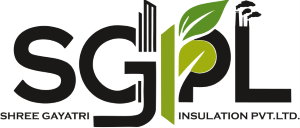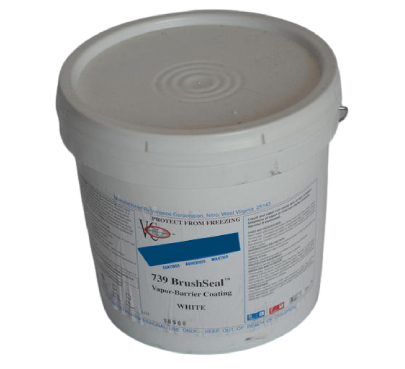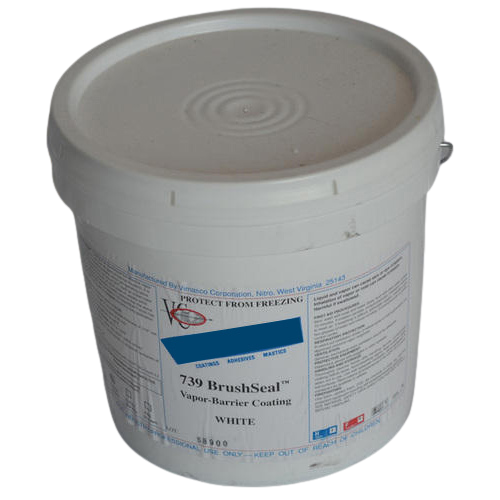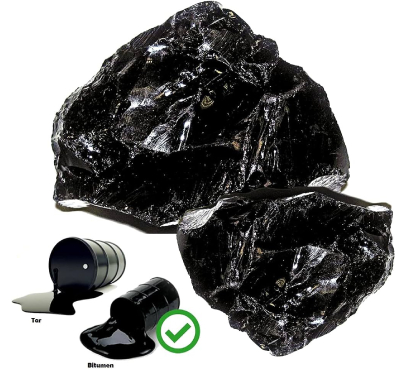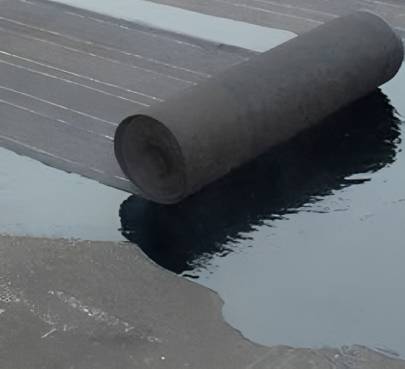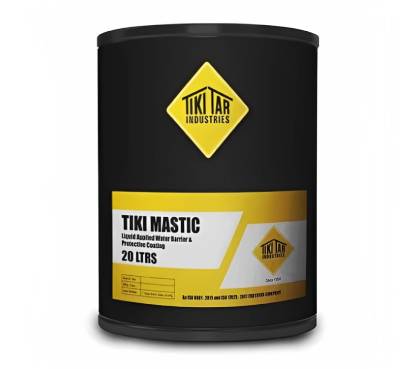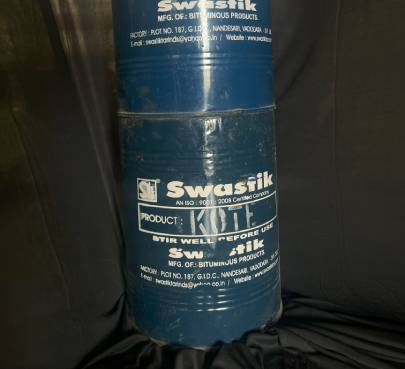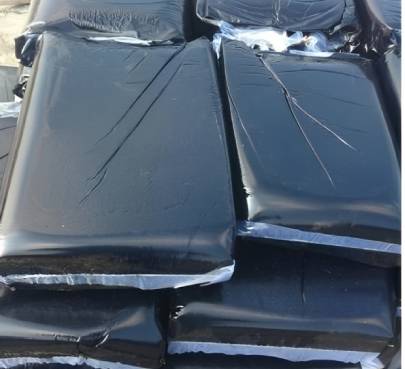Vapour Barier Coatings
Vapour barrier coatings are specialized materials designed to control the flow of water vapor through building structures. These coatings play a crucial role in moisture management within buildings, preventing issues like condensation, mold growth, and damage to insulation. Here’s a description of vapour barrier coatings, their properties, applications, and advantages
Properties
- Water Vapor Resistance: Vapour barrier coatings have a high resistance to the passage of water vapor, effectively limiting its movement through building components.
- Durability: They are typically durable and long-lasting, providing consistent protection against moisture intrusion for extended periods.
- Flexibility: Many vapour barrier coatings are flexible and can adapt to various surfaces and contours, ensuring seamless coverage.
- Adhesion: These coatings often have strong adhesion properties, ensuring they stay securely attached to the substrate.
- Compatibility: Vapour barrier coatings are compatible with a wide range of construction materials, including wood, concrete, metal, and insulation materials.
Applications
- Wall Assemblies: They are applied on the interior side of exterior walls to prevent moisture from infiltrating and causing damage to insulation and interior finishes.
- Roofing Systems: Vapour barrier coatings are utilized in roofing systems to prevent moisture from entering the building through the roof structure.
- Flooring: In some cases, they are applied beneath concrete slabs to mitigate moisture transmission from the ground into the building.
- Crawl Spaces and Basements: Vapour barriers are used in crawl spaces and basements to prevent moisture from infiltrating the building's foundation.
- HVAC Ducts: They are applied to HVAC ducts and systems to prevent condensation and moisture-related issues within the ductwork.
Advantages
- Moisture Control: The primary advantage is effective moisture control, preventing condensation and moisture damage within building structures.
- Energy Efficiency: By reducing moisture intrusion, vapour barrier coatings contribute to improved energy efficiency, as wet insulation is less effective at maintaining thermal resistance.
- Mold Prevention: These coatings help prevent the growth of mold, mildew, and fungi, which can pose health risks and damage building materials.
- Longevity: Vapour barrier coatings are durable and can provide long-term protection, reducing the need for frequent maintenance and replacements.
- Improved Indoor Air Quality: By preventing moisture-related issues, they contribute to better indoor air quality and overall occupant comfort.
